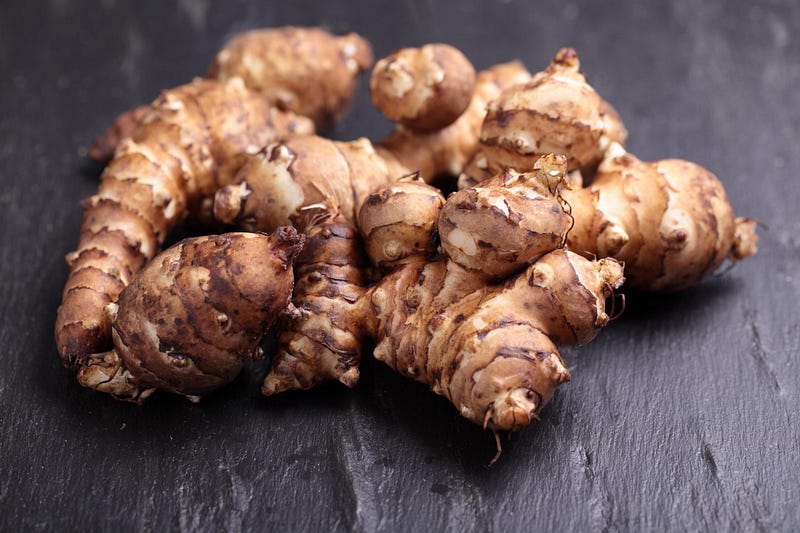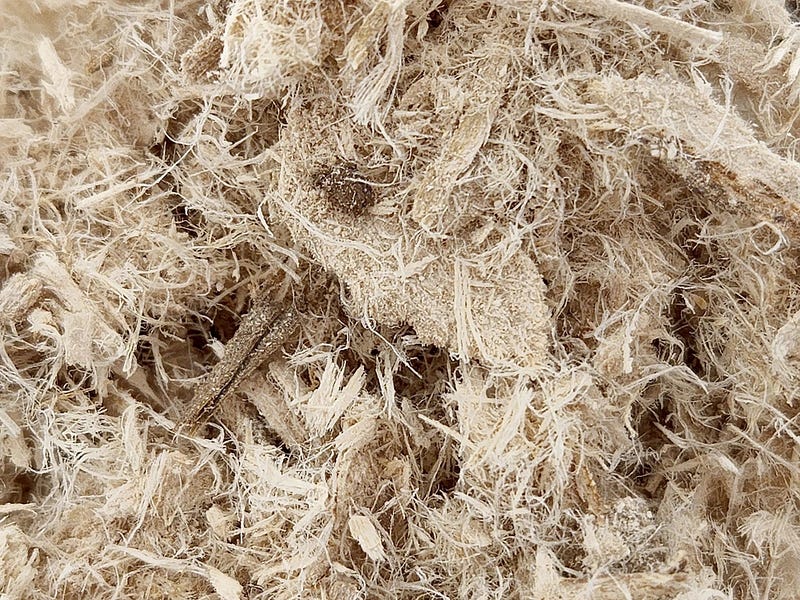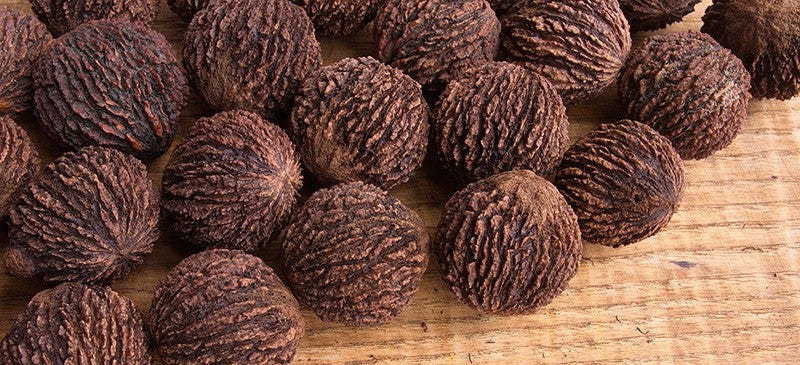"Revitalize Your Body: Natural Detox Secrets with Psyllium, Acai Berry, Aloe, and More!"
“Revitalize Your Body: Natural Detox Secrets with Psyllium, Acai Berry, Aloe, and More!”
Detoxification is a buzzword in the health and wellness world, and for good reason. Our bodies are constantly exposed to toxins — whether from the environment, food, or stress. While our liver and kidneys do a great job of filtering these out, sometimes our systems need a little extra help. Enter natural detoxifiers like psyllium, acai berry, inulin, slippery elm bark, aloe ferox powder, alion, chlorella, black walnut hulls, papaya, and lycopene. These powerful ingredients work together to cleanse the body, boost digestion, and support overall health. Let’s dive into each of these detoxifying agents and how they can benefit your body.
1. Psyllium: The Fiber Powerhouse

click hear https://detoxall17.com/#aff=prakashroogi
What is Psyllium?
Psyllium is a type of soluble fiber derived from the husks of the Plantago ovata plant’s seeds. It’s known for its ability to absorb water and form a gel-like substance in the digestive tract, which helps with bowel movements and overall digestive health.
- Improves Digestion: Psyllium helps regulate bowel movements, making it easier for the body to eliminate waste.
- Reduces Cholesterol: It has been shown to lower LDL (bad) cholesterol levels, which supports heart health.
- Controls Blood Sugar: By slowing the digestion of carbohydrates, psyllium can help manage blood sugar levels.
How to Use Psyllium
Psyllium can be taken as a supplement in powder or capsule form. It’s important to drink plenty of water when taking psyllium to avoid digestive discomfort.
2. Acai Berry: The Antioxidant Superfruit

What is Acai Berry?
Acai berries are small, dark purple fruits that grow on acai palm trees in the Amazon rainforest. They are rich in antioxidants, particularly anthocyanins, which give them their deep color.
- Powerful Antioxidant: Acai berries help protect the body from oxidative stress, which can lead to chronic diseases.
- Supports Weight Loss: Acai is often included in weight loss supplements due to its potential to boost metabolism and reduce appetite.
- Enhances Skin Health: The antioxidants in acai berries can promote healthy skin by fighting free radicals.
How to Use Acai Berry
Acai can be consumed in various forms, including smoothies, powders, and supplements. Look for organic, freeze-dried acai to retain the most nutrients.
3. Inulin: The Prebiotic Fiber

What is Inulin?
Inulin is a type of soluble fiber found in many plants, including chicory root, onions, and garlic. It acts as a prebiotic, meaning it feeds the beneficial bacteria in your gut.
- Supports Gut Health: By nourishing the gut microbiota, inulin helps maintain a healthy digestive system.
- Promotes Weight Loss: Inulin can increase feelings of fullness, helping to control appetite.
- Improves Mineral Absorption: Inulin enhances the absorption of minerals like calcium and magnesium.
How to Use Inulin
Inulin is available as a supplement or can be found in foods like chicory root, asparagus, and bananas. It can be added to smoothies, baked goods, or other foods to boost fiber intake.
4. Slippery Elm Bark: The Soothing Digestive Aid

What is Slippery Elm Bark?
Slippery elm bark comes from the inner bark of the slippery elm tree (Ulmus rubra). It’s known for its mucilage content, which becomes gel-like when mixed with water, making it a soothing agent for the digestive tract.
- Relieves Digestive Discomfort: It’s commonly used to soothe symptoms of digestive issues like acid reflux, IBS, and gastritis.
- Supports Respiratory Health: The mucilage can also help soothe sore throats and coughs.
- Promotes Skin Healing: Slippery elm can be used topically to help heal minor wounds and skin irritations.
How to Use Slippery Elm Bark
Slippery elm bark is available as a powder, capsule, or lozenge. For digestive health, it’s often mixed with water to create a soothing drink.
5. Aloe Ferox Powder: The Detoxifying Plant

What is Aloe Ferox?
Aloe ferox is a type of aloe plant native to South Africa, known for its detoxifying and healing properties. It’s different from the more common Aloe vera but shares many of the same benefits.
- Natural Laxative: Aloe ferox is known for its potent laxative effects, helping to cleanse the digestive system.
- Supports Liver Health: It aids in detoxifying the liver, which is crucial for overall body detoxification.
- Boosts Immune Function: Aloe ferox contains antioxidants that help strengthen the immune system.
How to Use Aloe Ferox Powder
Aloe ferox powder can be taken as a supplement or added to smoothies and juices. It’s important to start with a small dose due to its strong laxative effects.
6. Alion: The Uncommon Detoxifier
What is Alion?
Alion is a lesser-known ingredient that has been gaining attention for its detoxifying properties. It’s typically included in detox blends for its ability to support liver and kidney function.
- Supports Liver Function: Alion helps the liver process and eliminate toxins more efficiently.
- Improves Kidney Health: It also supports the kidneys in filtering out waste products from the blood.
- Enhances Overall Detoxification: By supporting the body’s primary detox organs, Alion helps improve overall detoxification processes.
How to Use Alion
Alion is usually found in detox supplement blends. Follow the dosage instructions provided by the manufacturer.
7. Chlorella: The Alkalizing Superfood

What is Chlorella?
Chlorella is a type of green algae that’s packed with nutrients, including vitamins, minerals, and antioxidants. It’s known for its ability to detoxify the body, particularly heavy metals.
- Heavy Metal Detox: Chlorella binds to heavy metals in the body, aiding in their removal.
- Boosts Immune System: It contains compounds that can enhance immune function.
- Supports Digestive Health: Chlorella promotes the growth of good bacteria in the gut, improving digestion.
How to Use Chlorella
Chlorella is available in powder or tablet form. It can be added to smoothies, juices, or taken as a supplement.
8. Black Walnut Hulls: The Parasite Cleanser

What are Black Walnut Hulls?
Black walnut hulls come from the outer shell of the black walnut and have been used in traditional medicine for their antifungal, antibacterial, and antiparasitic properties.
Benefits of Black Walnut Hulls
- Parasitic Cleanse: Black walnut hulls are known for their ability to help eliminate parasites from the digestive tract.
- Antifungal Properties: They can also combat fungal infections like candida.
- Rich in Antioxidants: Black walnut hulls contain tannins and other compounds that protect cells from oxidative damage.
How to Use Black Walnut Hulls
Black walnut hulls are commonly found in tinctures, capsules, or as part of parasite cleanse kits. Follow the recommended dosage and consult a healthcare provider if you’re unsure.
9. Papaya: The Digestive Enzyme

What is Papaya?
Papaya is a tropical fruit rich in vitamins, antioxidants, and an enzyme called papain, which aids in digestion.
- Aids Digestion: Papain helps break down proteins, making it easier for the body to digest food.
- Reduces Inflammation: Papaya’s enzymes can help reduce inflammation in the digestive tract.
- Supports Immune Health: The high vitamin C content in papaya boosts the immune system.
How to Use Papaya
Papaya can be eaten fresh, dried, or taken as a supplement. Papain supplements are also available for those who want to focus on its digestive benefits.
10. Lycopene: The Antioxidant Powerhouse

What is Lycopene?
Lycopene is a powerful antioxidant found in red and pink fruits, particularly tomatoes. It’s known for its ability to protect against oxidative stress and support cardiovascular health.
- Protects Against Oxidative Damage: Lycopene helps neutralize free radicals, protecting cells from damage.
- Supports Heart Health: Regular consumption of lycopene-rich foods has been linked to a lower risk of heart disease.
- May Reduce Cancer Risk: Some studies suggest that lycopene can help reduce the risk of certain types of cancer, particularly prostate cancer.
How to Use Lycopene
Lycopene is best obtained from food sources like tomatoes, watermelon, and pink grapefruit. It’s also available as a supplement, but the body absorbs it better from whole foods.
Conclusion: Embrace Natural Detoxification
Incorporating these natural detoxifiers into your daily routine can help cleanse your body, support digestion, and boost overall health.
click hear https://detoxall17.com/#aff=prakashroogi

Comments
Post a Comment